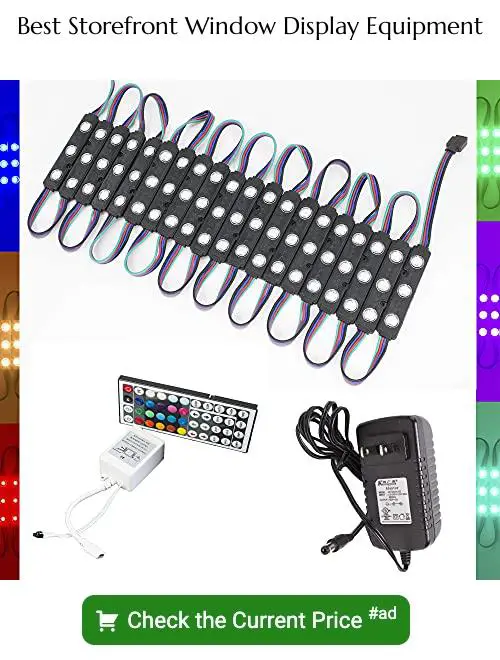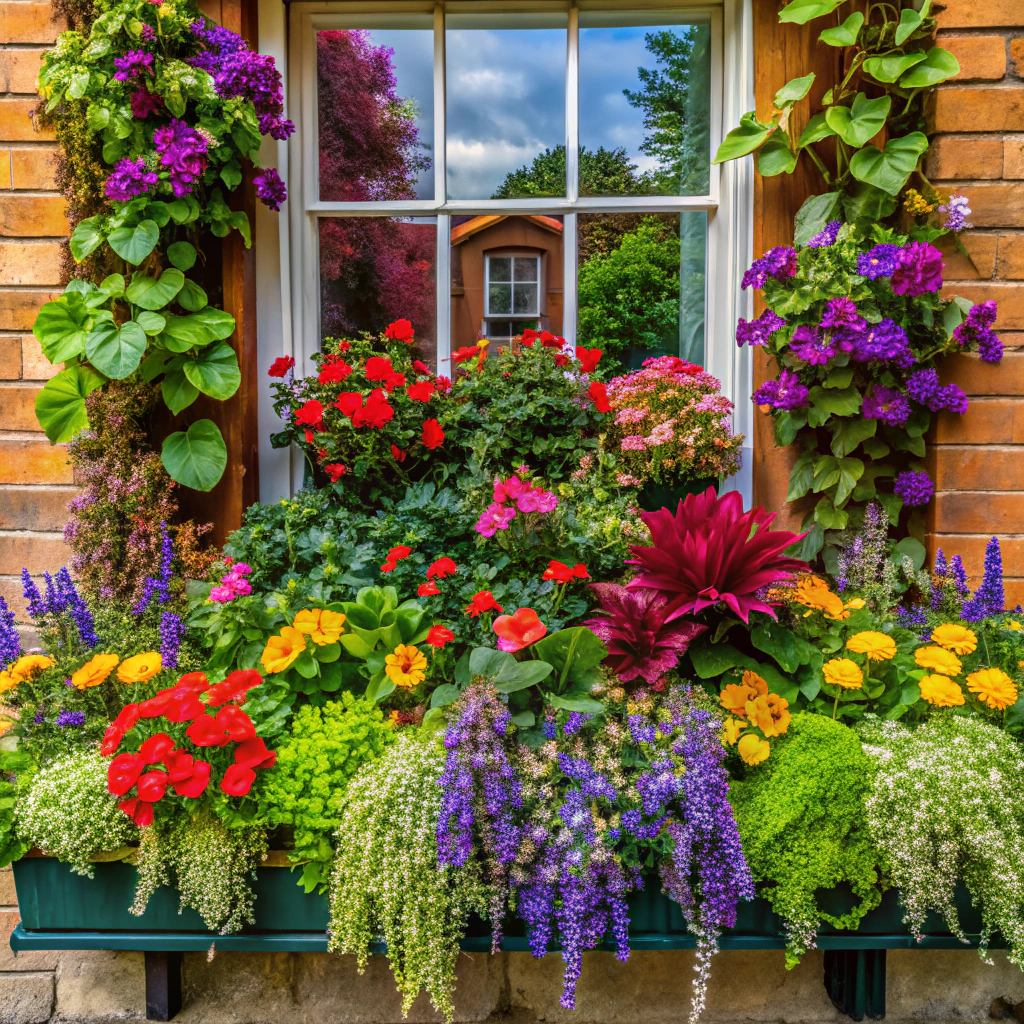Discover the impact of various storefront window sizes on customer attraction and how to choose the perfect dimensions for your retail space in this insightful blog post.
When it comes to the design of a storefront, one of the most important elements is its windows. Not only do they allow natural light to flood in, but they also serve as a visual invitation to potential customers.
But choosing the right window size for your storefront can be challenging, especially if you’re not familiar with the options available. In this blog post, we’ll explore different storefront window sizes and their benefits so that you can make an informed decision for your business.
So whether you’re starting from scratch or looking to update your existing storefront, keep reading to learn more about how window size can impact your business’s curb appeal and overall success.
Storefront Window Sizes and Options
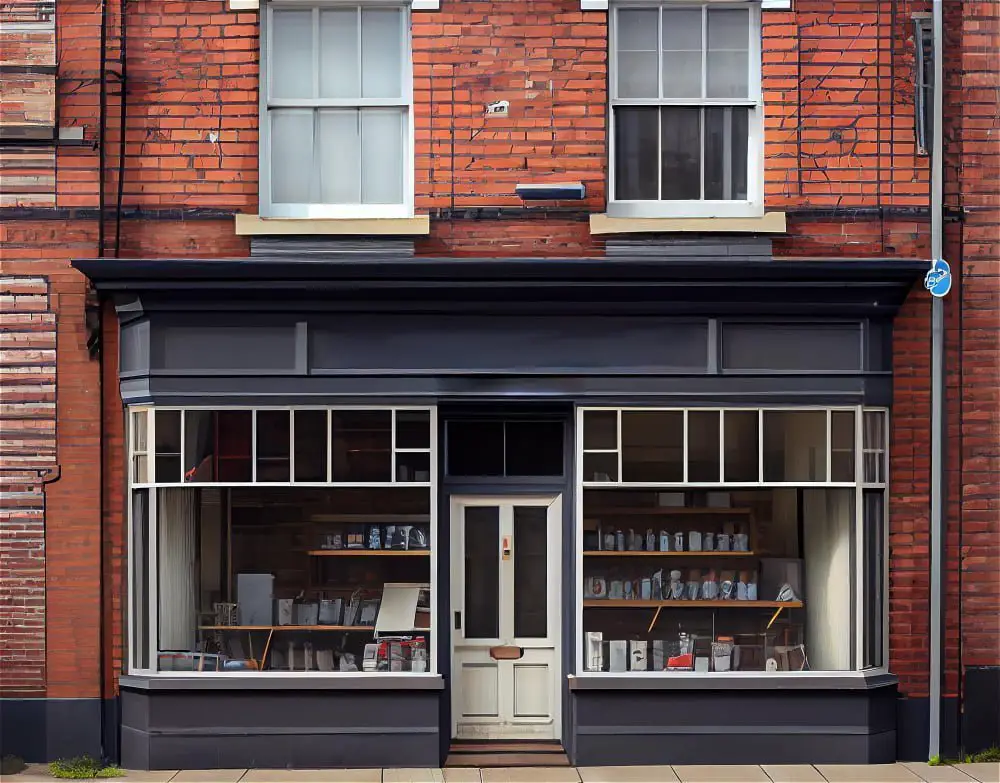
When it comes to storefront window sizes, there are a variety of options available. The size and shape of your windows can have a significant impact on the overall look and feel of your retail space.
Larger windows tend to be more eye-catching, allowing for maximum visibility from the street. However, smaller windows may provide better insulation and energy efficiency.
In addition to size considerations, there are also various types of storefront window options available that can enhance both aesthetics and functionality. For example, decorative glass or simulated divided lite (SDL) designs can add an extra touch of elegance while still maintaining privacy for customers inside.
Other popular options include tilt-and-turn or picture windows that offer flexibility in terms of ventilation as well as design possibilities. French-style or black-framed windows have become increasingly trendy in recent years due to their sleek appearance.
Premium Aesthetics
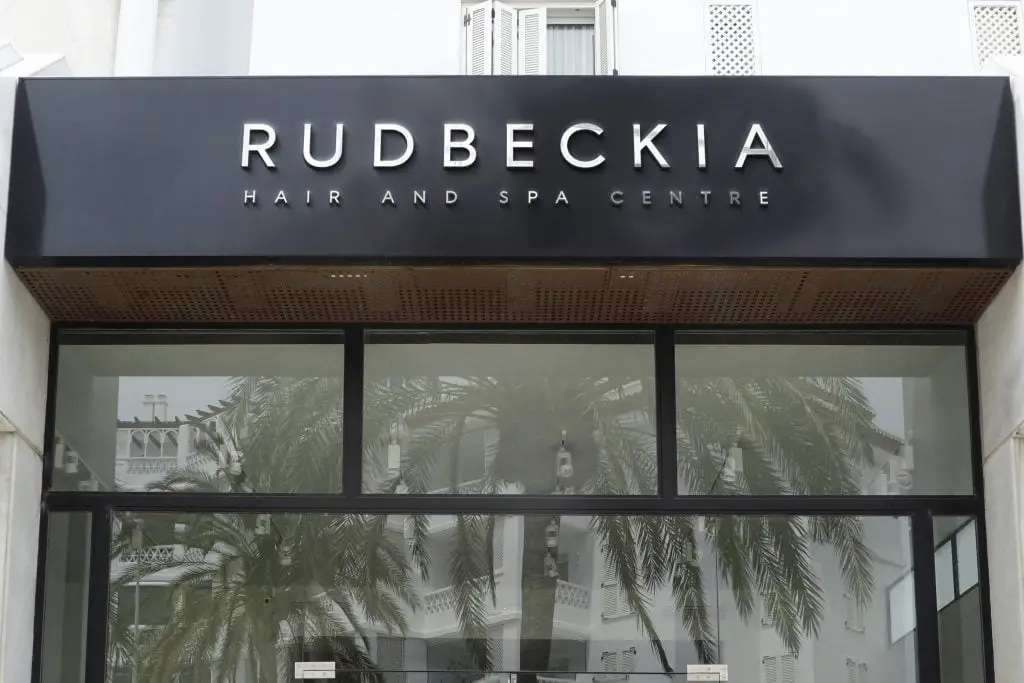
The right window size can make your store look more inviting and appealing, which can lead to increased foot traffic and sales. Premium aesthetic options for storefront windows include high-quality materials such as aluminum or wood frames that offer durability while also providing an elegant appearance.
In addition to the frame material, decorative glass is another way you can enhance the premium look of your storefront windows. Decorative glass options range from frosted or etched designs that add privacy without sacrificing natural light to stained-glass patterns that create a unique visual appeal.
High-Quality Materials
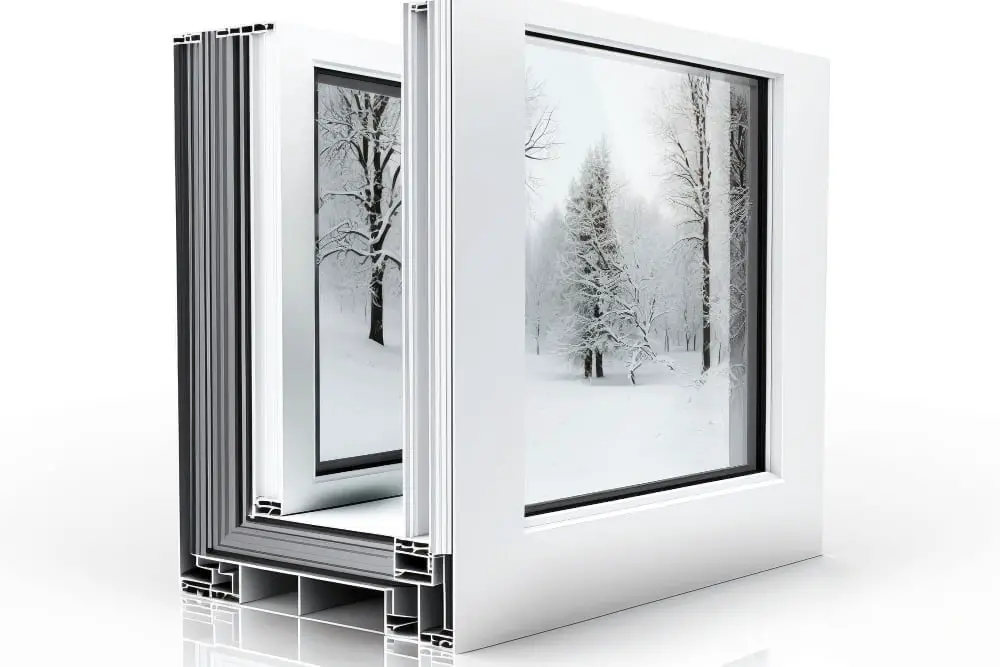
Choosing the right material can make a significant difference in your business’s curb appeal and overall success. Some of the most popular materials used in storefront windows include aluminum, vinyl, wood-clad, fiberglass composite, and steel.
Aluminum is one of the most common choices due to its strength and durability. It is also lightweight which makes it easy to install while providing excellent insulation properties.
Vinyl has become increasingly popular over recent years because of its affordability as well as being low maintenance with good energy efficiency ratings.
Wood-clad offers an elegant look that complements traditional architecture styles while still offering modern features such as energy efficiency ratings.
Fiberglass composite provides superior strength compared to other materials making them ideal for coastal areas where hurricanes or strong winds may occur frequently.
Steel frames offer exceptional security benefits but require more maintenance than other options due to their susceptibility towards rusting if not properly maintained.
Choosing high-quality material will ensure that your storefront window lasts longer without requiring frequent repairs or replacements.
Design Flexibility
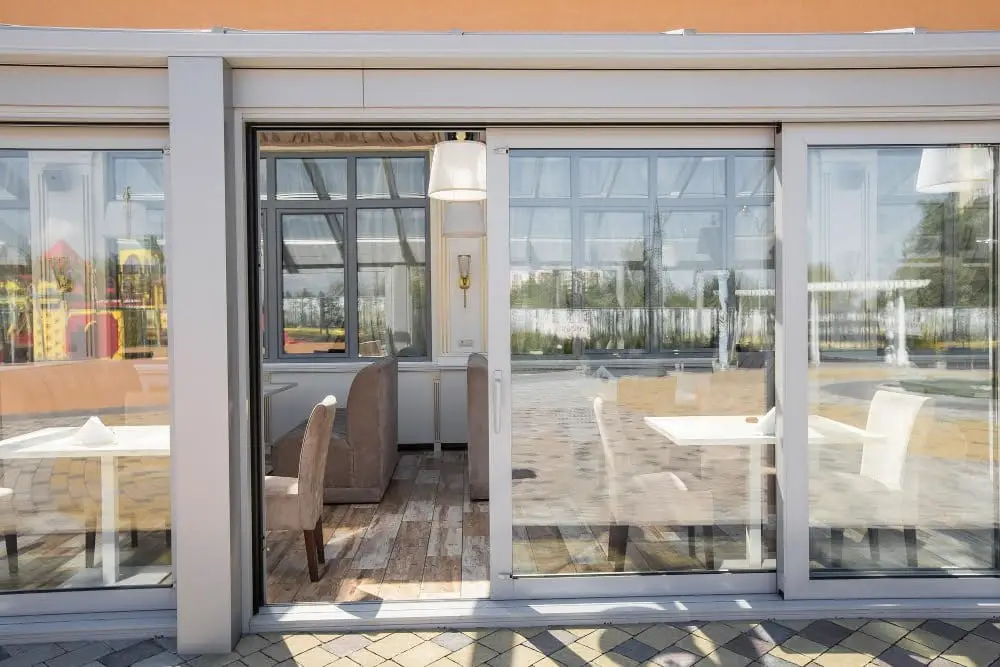
Storefront window sizes can be customized to fit any space, and they come in a variety of shapes and styles that can complement your business’s aesthetic. Whether you’re looking for a sleek modern look or something more traditional, there are plenty of options available.
For example, if you want to create an open feel in your retail space while still maintaining privacy for customers inside, consider using frosted glass or decorative glass with patterns that obscure the view from outside. If you want to make a bold statement with your storefront windows, try using black frames or large picture windows.
Another option is simulated divided lite (SDL) which gives the appearance of individual panes without sacrificing energy efficiency like true divided lite does. This allows businesses owners who love classic designs but also care about sustainability and cost-effectiveness to have it all!
Exterior Options

These options can help enhance the overall look of your business and attract more customers. One popular option is a black frame that provides a sleek and modern appearance while still allowing plenty of natural light into your store.
Another option is aluminum frames, which offer durability and strength against harsh weather conditions such as wind or rain. Aluminum frames come in different colors to match the aesthetic of your building’s exterior.
For those looking for something unique, decorative glass can be an excellent choice for storefront windows. This type of glass features intricate designs that add character to any building’s facade while still providing ample visibility inside the store.
Choosing an appropriate exterior option for your storefront windows depends on several factors such as location and personal preference.
Interior Options
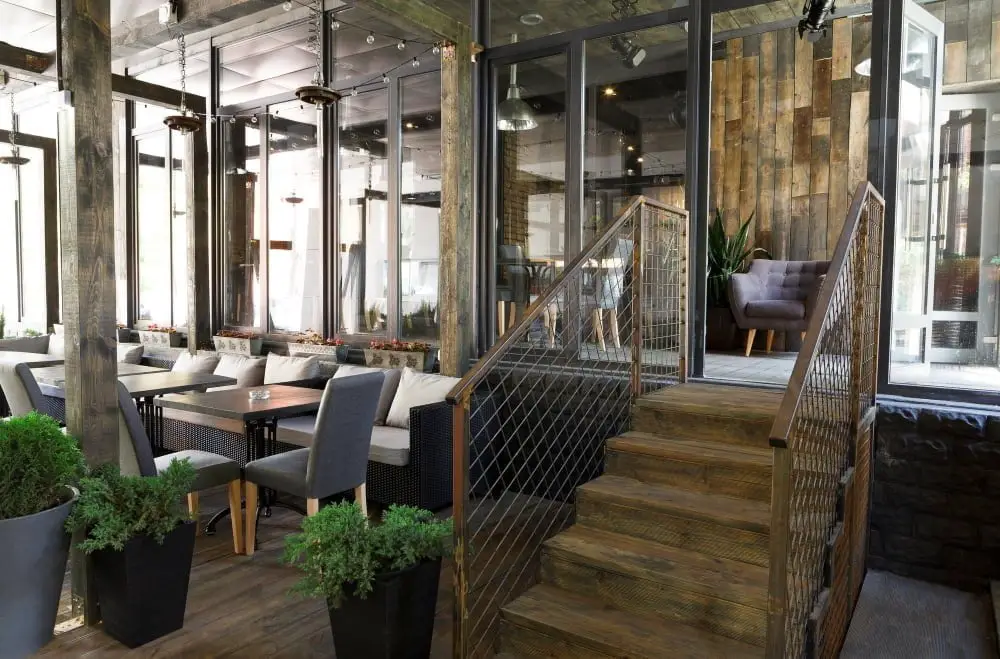
The right interior options can enhance your store’s ambiance and create a welcoming atmosphere for customers. One popular option is tinted glass, which not only adds privacy but also reduces glare and heat from sunlight.
Another option is frosted or etched glass, which provides an elegant touch while still allowing natural light to enter.
For those looking for more customization options, decorative films are a great choice. These films come in various patterns and designs that can be applied directly onto the window surface without affecting visibility or natural light transmission.
In addition to these aesthetic features, there are also practical considerations such as security film that helps prevent break-ins by making it difficult for intruders to shatter the glass.
Choosing the right interior options will depend on your specific needs and preferences.
Decorative Glass
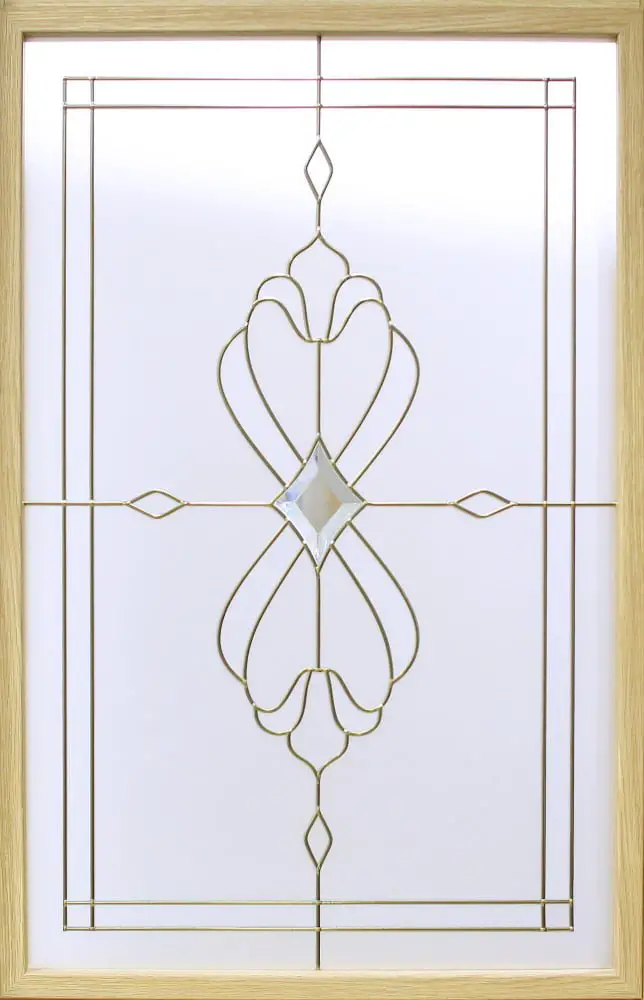
Decorative glass can be used in various ways, such as etched or frosted designs that provide privacy while still allowing natural light into the space. You can also choose from different patterns and textures that create a unique look for your storefront.
One popular type of decorative glass is stained glass, which adds color and character to any window display. Stained-glass windows are often associated with churches or historic buildings but have become increasingly popular in modern commercial spaces as well.
Another option for decorative glass is beveled edges, which give the appearance of depth and dimensionality by reflecting light at different angles. Beveled edges work particularly well on large windows where they can catch the sunlight throughout the day.
Simulated Divided Lite (SDL)
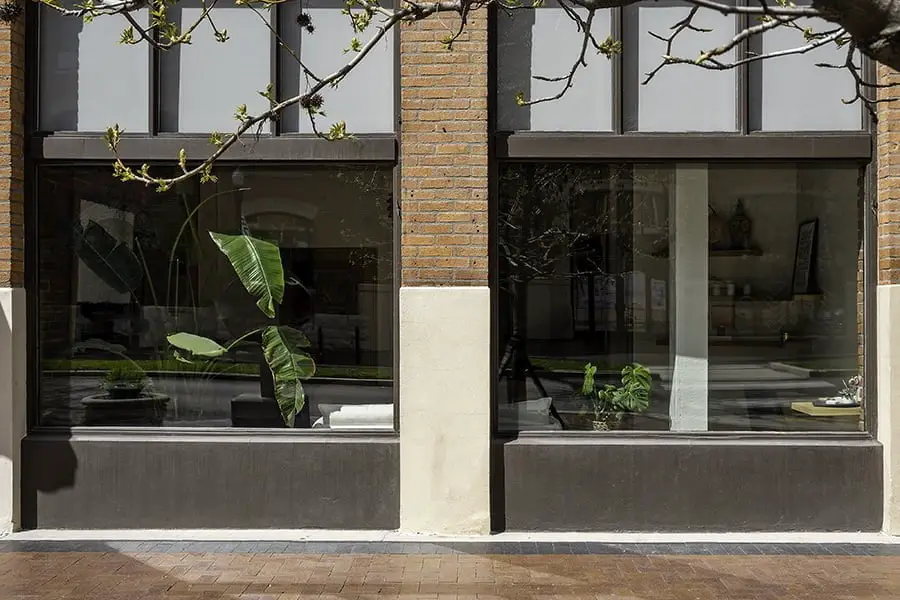
SDL uses grilles or muntins on the exterior and interior of the glass, creating an illusion of individual panes while maintaining a single pane’s insulation properties.
The benefits of using SDL in your storefront window design are numerous. First, it provides premium aesthetics by giving your store an elegant and classic look that can attract more customers.
Second, it offers design flexibility as you can choose from various grille patterns to match your business’s style.
Thirdly, simulated divided lite windows come with high-quality materials such as aluminum or vinyl frames which provide durability and longevity for years to come. They offer excellent protection against coastal weather conditions like hurricanes or strong winds.
Lastly but not least important is their energy efficiency feature which helps reduce heating costs during winter months while keeping cool air inside during summer months; this translates into significant savings on utility bills over time.
Energy Efficiency
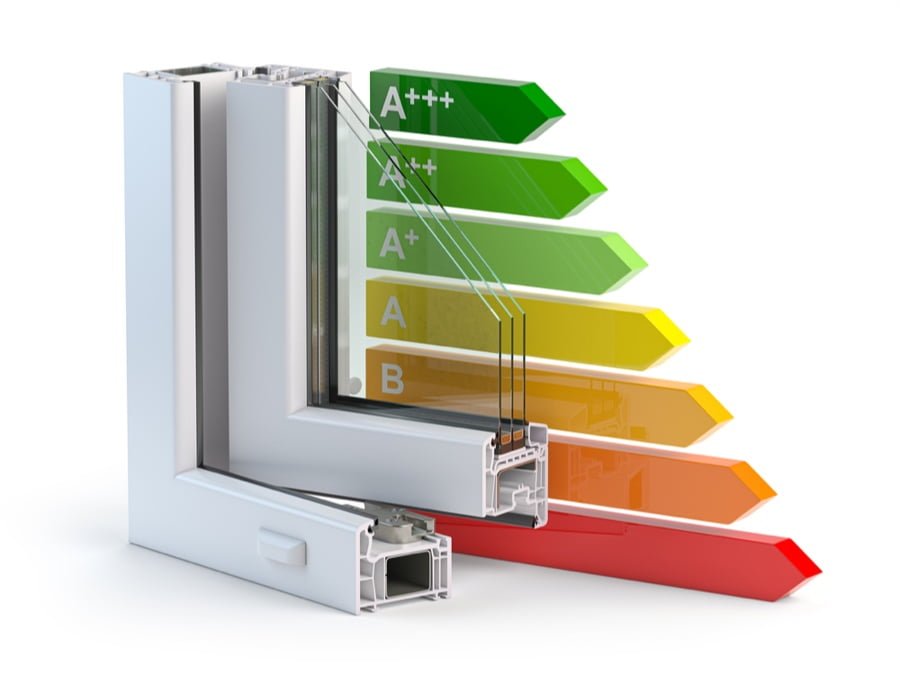
Energy-efficient windows can help reduce your business’s carbon footprint while also saving you money on heating and cooling costs. Look for storefront window options that are ENERGY STAR certified, which means they meet strict energy efficiency guidelines set by the U.S Environmental Protection Agency (EPA).
These types of windows typically have a low-E coating that reflects heat back into the room during winter months while keeping out unwanted heat in summer months.
When it comes to selecting an energy-efficient option for your storefront window, there are several factors you should keep in mind. For example, double-paned or triple-paned glass can provide better insulation than single-pane glass because it creates an additional layer of air between panes that helps regulate temperature more effectively.
Look for frames made from materials such as vinyl or fiberglass rather than aluminum since these materials offer better insulation properties. Make sure any installation is done correctly so there aren’t any gaps where air could escape through the frame.
Materials Used in Storefront Windows
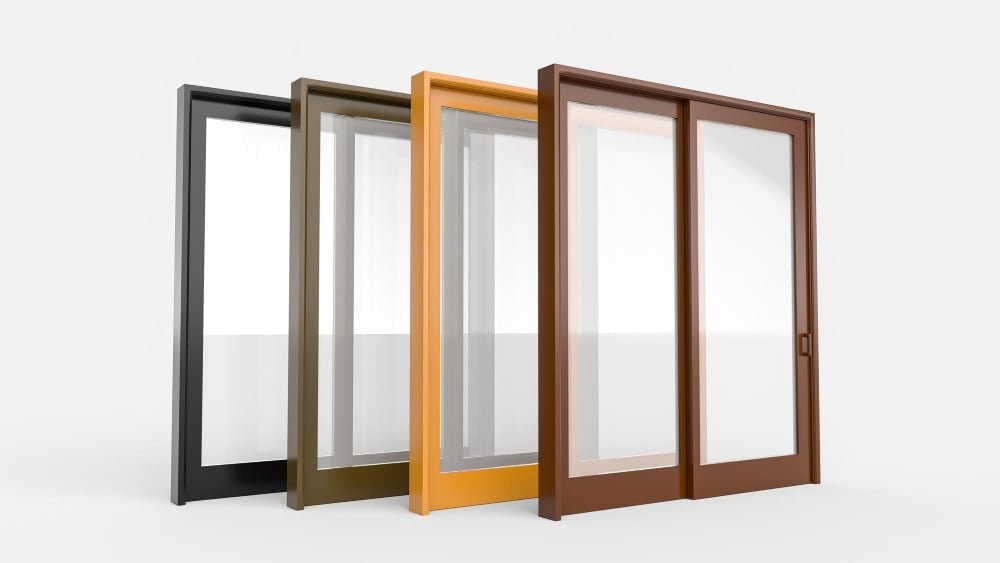
The most common materials used for storefront windows include aluminum, vinyl, wood, and fiberglass.
Aluminum is one of the most popular choices due to its strength and durability. It’s also lightweight which makes it easy to install.
Vinyl is another option that offers excellent energy efficiency while being low maintenance.
Wooden storefront windows are known for their classic look but require more upkeep than other options due to potential rotting or warping over time if not properly maintained. Fiberglass is a newer material on the market that offers superior insulation properties while still maintaining an attractive appearance.
Ultimately, choosing the right material will depend on your specific needs as well as your budget constraints. Consider factors such as weather conditions in your area when making this decision so you can ensure maximum protection against harsh elements like wind or rain.
Protection From Coastal Weather

Saltwater can corrode metal frames and damage glass over time, while strong winds can cause debris to hit the windows or even break them. To protect against these elements, it’s important to choose storefront windows that are specifically designed for coastal weather conditions.
One option is impact-resistant glass that meets hurricane codes. This type of glass has a layer of polyvinyl butyral (PVB) between two layers of tempered or annealed glass that holds the pieces together if they shatter during a storm.
Another option is aluminum-clad wood frames with stainless steel hardware because they resist corrosion caused by salt spray.
When choosing storefront window sizes for coastal areas, it’s also essential to consider wind load requirements based on local building codes and regulations. A professional installer should be able to help you determine which size will provide adequate protection without compromising aesthetics or functionality.
Tilt and Turn Windows
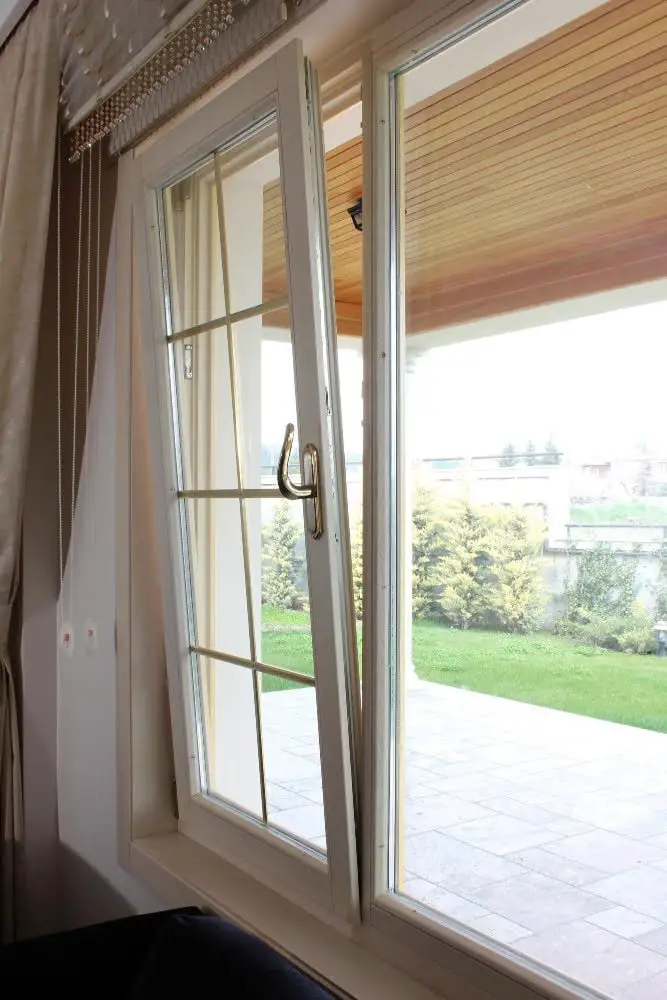
They can be opened in two ways: tilted at the top for ventilation or turned inward like a traditional casement window. This design allows you to control the amount of air that enters your store while also providing easy access for cleaning and maintenance.
One of the benefits of tilt and turn windows is their energy efficiency. When closed, they create an airtight seal that prevents drafts from entering your store, which can help reduce heating and cooling costs.
Another advantage is security. Tilt-and-turn windows have multiple locking points around the frame, making them more difficult to break into than traditional single-hung or double-hung models.
Tilt-and-turn windows come in various sizes so you can choose one that fits perfectly with your storefront’s design aesthetic without compromising on functionality.
Picture Windows
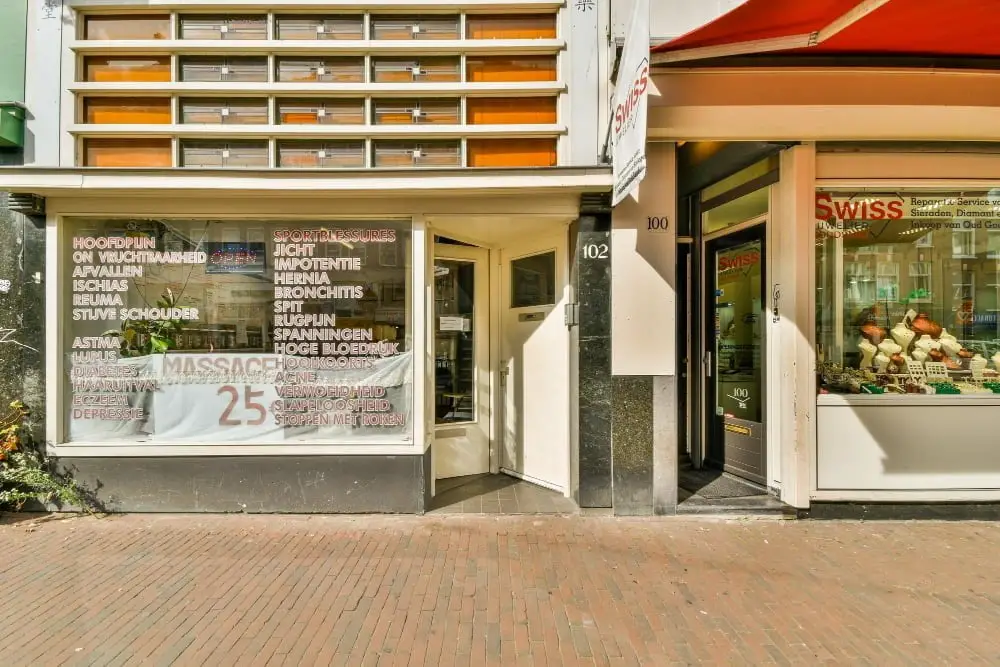
These large, fixed windows offer an unobstructed view of the outside world and allow natural light to flood into your retail space. Picture windows come in various sizes and shapes, making them a versatile option for any storefront design.
One of the benefits of picture windows is that they can make your store appear more spacious by creating an illusion of depth. They also provide ample natural light which can help reduce energy costs by minimizing the need for artificial lighting during daylight hours.
However, there are some drawbacks to consider when choosing picture windows as well. Since these types of window cannot be opened or closed like other options such as casement or sliding ones; ventilation may become an issue if you rely solely on them.
Since they’re made from one large pane glass without any dividers between panels; privacy could be compromised if you have sensitive merchandise on display.
French Windows
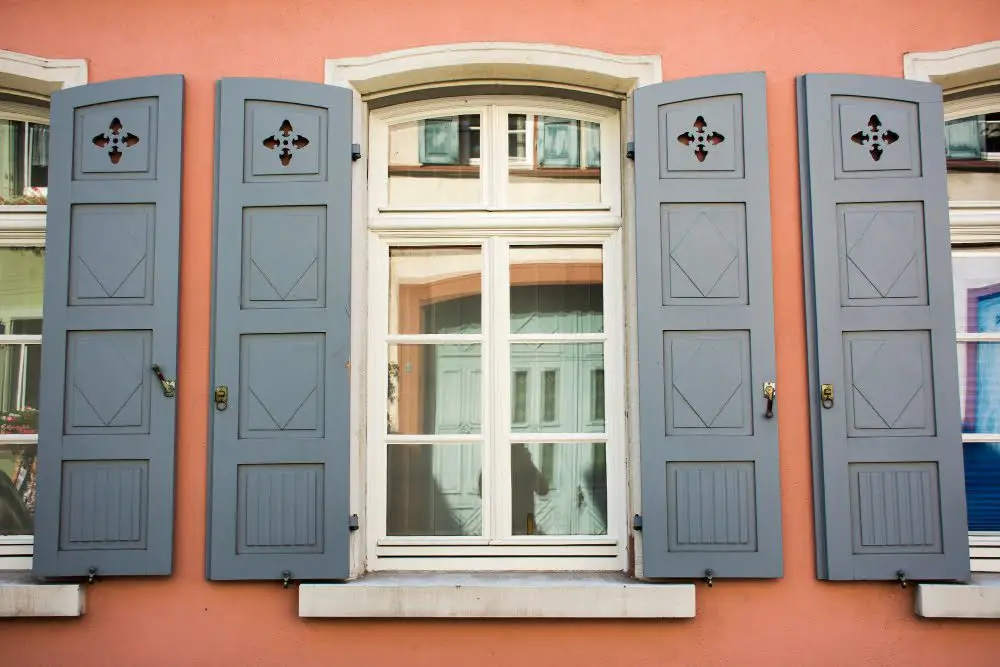
They consist of two panels that open outwards, providing ample ventilation and natural light. French windows can be customized to fit any storefront size or shape, making them a versatile option for businesses looking to enhance their curb appeal.
One of the main benefits of French windows is their ability to create an inviting atmosphere in your store. The large glass panes allow customers passing by on the street to see inside your store, giving them a glimpse into what you have on offer.
This can entice potential customers who may not have otherwise noticed your business.
French windows provide excellent insulation against noise pollution and weather elements such as wind or rain while still allowing plenty of sunlight into the space.
When it comes time for installation, make sure you choose an experienced professional who specializes in commercial window installations like this one since they require precise measurements and careful attention during installation.
Black Windows
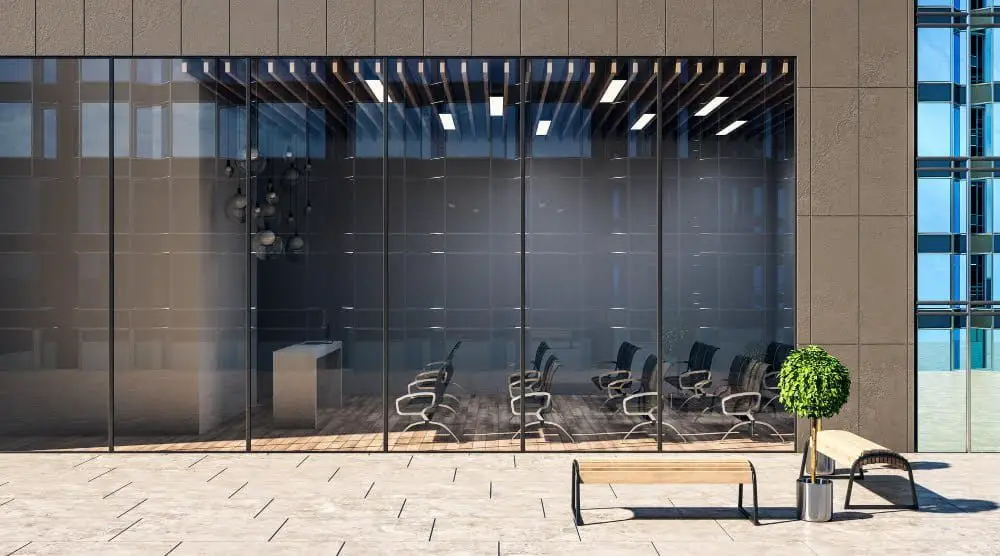
They offer a sleek and modern look that can make your business stand out from the crowd. Black frames also provide an excellent contrast against light-colored walls or brick facades, making them perfect for creating an eye-catching display.
But black windows aren’t just about aesthetics; they also have practical benefits. For example, they absorb more heat than lighter colors, which means that they can help keep your store warm during colder months while reducing energy costs.
When choosing black windows for your storefront, it’s essential to consider the materials used in their construction carefully. High-quality materials like aluminum or fiberglass will ensure durability and longevity of use while providing superior insulation properties.
Entry Doors
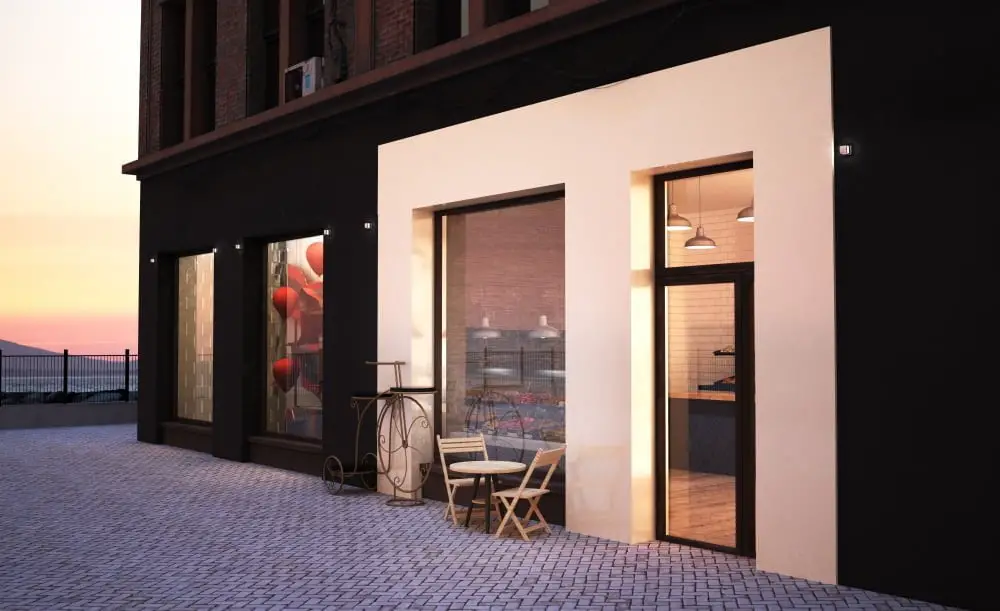
They serve as the first point of contact between your business and potential customers, making them an essential aspect of your storefront’s curb appeal. Entry doors come in various styles and materials that can complement or contrast with the rest of your store’s aesthetic.
When choosing an entry door for your retail space, consider factors such as durability, security features, energy efficiency ratings (if applicable), and overall style. You want to ensure that it not only looks great but also provides safety for you and any employees working inside.
Some popular options include wood doors for their classic look; steel doors for added security; fiberglass composite doors which offer both durability and energy efficiency; glass panelled designs which allow natural light into the store while still providing privacy from outside viewers.
Lift and Slide Doors
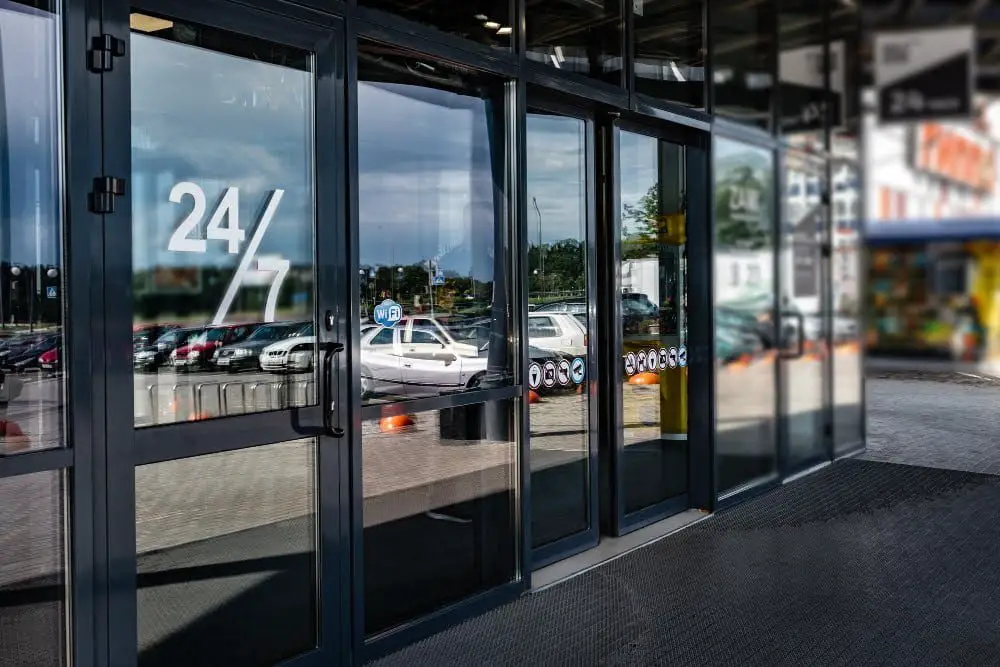
These doors offer a sleek, modern look while providing easy access to your business. They work by lifting the door panel off the track and then sliding it along until it reaches its desired position.
One of the main benefits of lift and slide doors is their ability to create an unobstructed view of your store’s interior. This feature can be especially useful if you have merchandise or displays that you want customers to see from outside.
Another advantage is their energy efficiency, which helps reduce heating and cooling costs in your building. Lift and slide doors are designed with multiple seals around the frame, preventing drafts from entering through gaps between panels.
Lift-and-slide-doors come in various materials such as wood-clad aluminum or vinyl frames with insulated glass panes making them durable enough for commercial use while still maintaining aesthetic appeal.
Garden Patio Doors
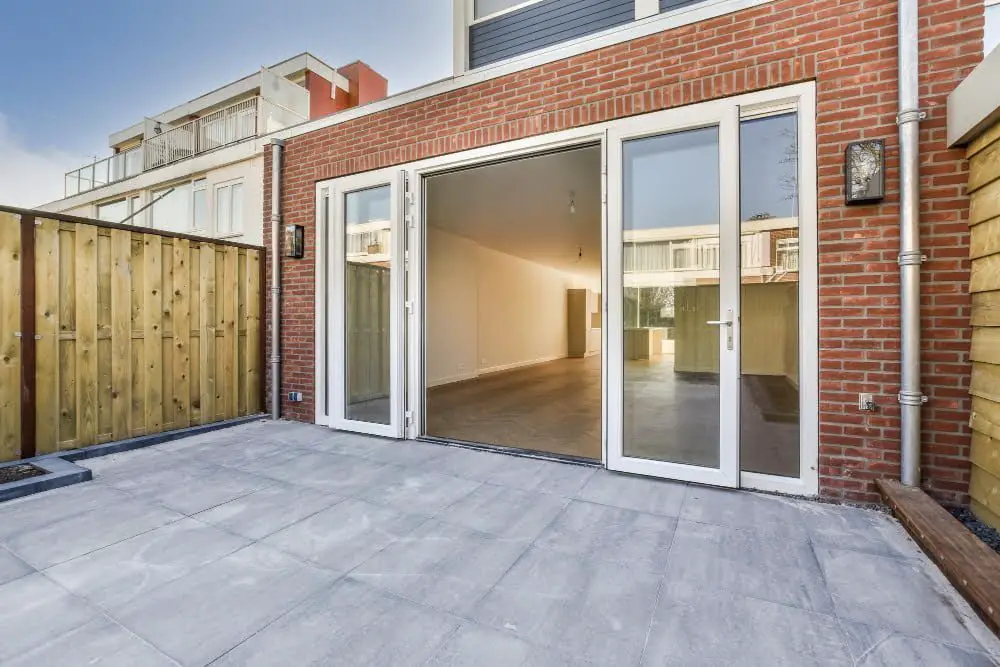
These doors come in various styles, including sliding, French, or folding options. They offer excellent natural light exposure while providing easy access to the outdoors.
One of the benefits of garden patio doors is their energy efficiency. They can help reduce your heating and cooling costs by keeping your space insulated from outside temperatures.
They provide ample ventilation during warmer months when you need fresh air circulating throughout your store.
Another advantage of garden patio doors is their aesthetic appeal. With customizable colors and designs available, you can choose a style that complements the overall look of your storefront’s design scheme.
When selecting garden patio doors for your business’s storefront windows project consider factors such as durability against harsh weather conditions like wind-driven rain or coastal storms if applicable; quality materials used in construction; soundproofing capabilities if necessary; customer service support offered by manufacturers/installers so that any issues with installation or maintenance are addressed promptly.
Folding Doors
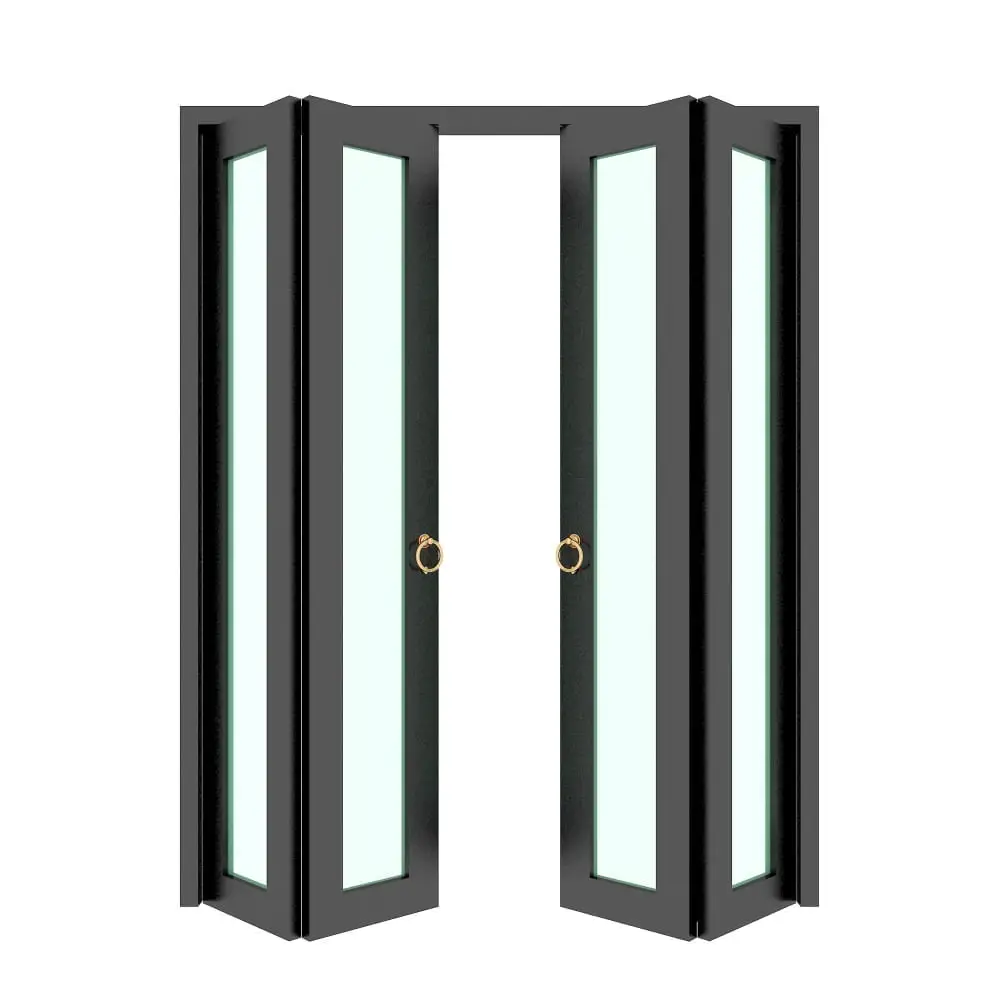
These doors can be customized to fit any size opening, making them ideal for large or small spaces. They also come in a variety of materials, including aluminum and wood, so you can choose the one that best fits your design aesthetic.
One of the main benefits of folding doors is their ability to create an indoor-outdoor feel. When folded back completely, they allow customers to seamlessly move from inside your store out onto the sidewalk or patio area.
This creates a more welcoming environment and encourages foot traffic into your business.
Another advantage is their flexibility in terms of use throughout different seasons; during warmer months when outdoor seating areas are desirable but still require some protection from elements like wind gusts or rain showers – folding glass walls provide both shelter as well as unobstructed views while maintaining natural light flow into space.
European Interior Doors
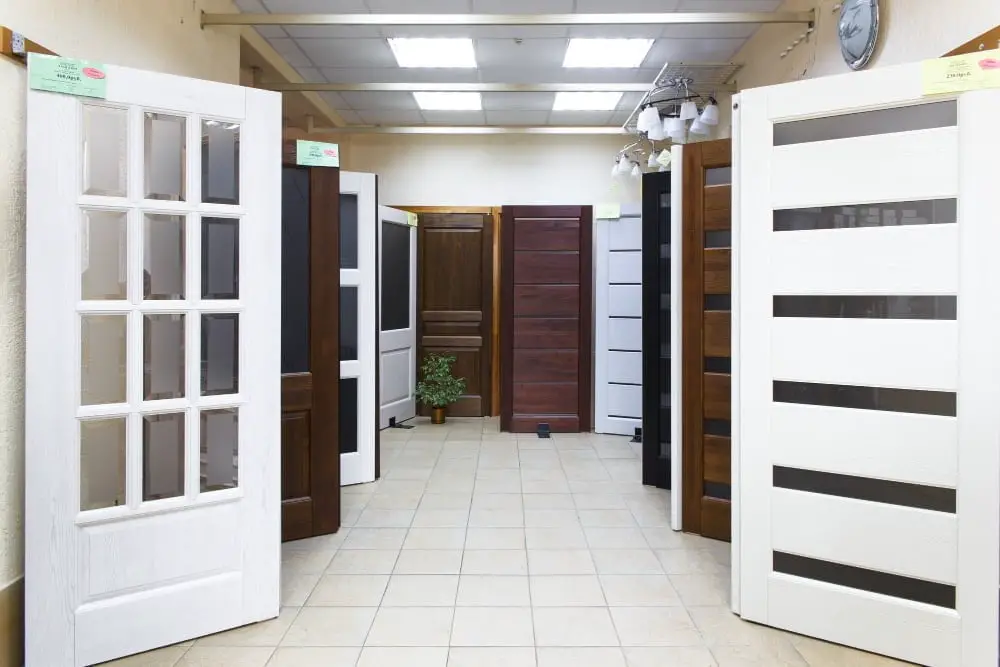
They offer sleek and contemporary designs that can complement any business’s aesthetic. These doors come in various styles, including sliding, pocket, and hinged options.
One of the most significant advantages of European interior doors is their soundproofing capabilities. This feature makes them ideal for businesses located in busy areas or near noisy streets.
Another benefit of European interior doors is their energy efficiency properties. They are designed to keep heat inside during winter months while keeping cool air inside during summer months, which can help reduce your energy bills significantly.
When it comes to materials used in these types of storefront windows, you’ll find a range from wood to aluminum frames with glass panels that provide natural light into your space without sacrificing privacy or security.
Passive House Windows
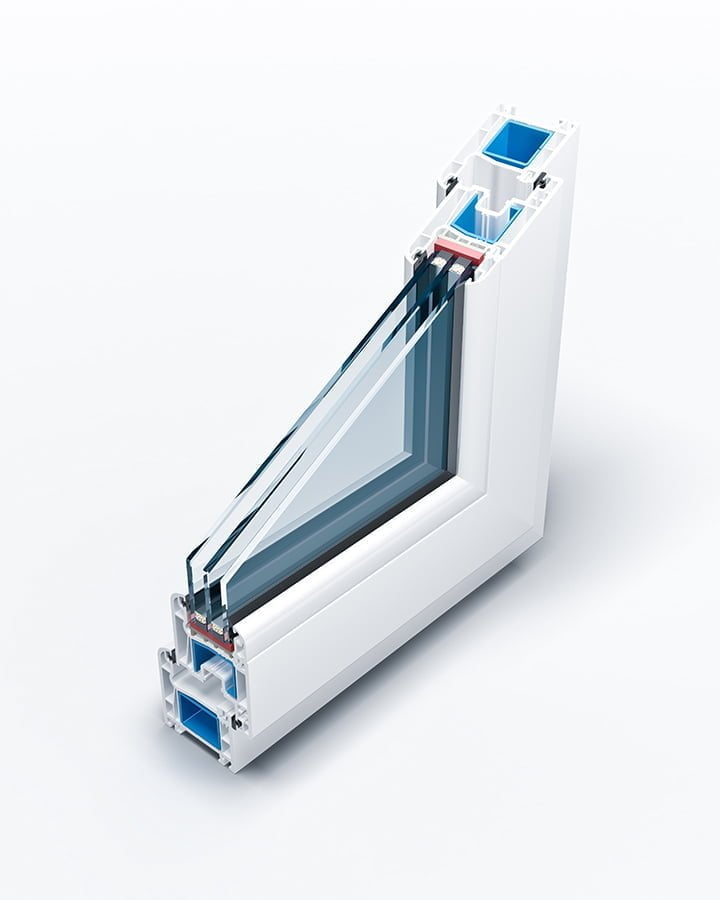
These windows are designed to meet strict standards for thermal performance and airtightness, making them ideal for buildings that require minimal heating or cooling. Passive House windows use triple-pane glass with low-emissivity coatings and argon gas fills to reduce heat loss through the window frame.
In addition to their energy-saving benefits, Passive House windows also offer superior sound insulation compared to traditional double-paned glass. This makes them an excellent choice if your storefront is located on a busy street or near other sources of noise pollution.
While they may be more expensive than standard storefront window options, the long-term savings on heating and cooling costs can make up for this initial investment over time. Plus, choosing environmentally-friendly options like these can help attract customers who value sustainability in their purchasing decisions.
Storefront Window Costs

The price of storefront windows can vary widely depending on a variety of factors such as size, materials used, and design features. However, investing in high-quality windows for your retail space can pay off in the long run by attracting more customers and improving energy efficiency.
The cost of storefront windows typically ranges from $200 to $1,000 per square foot installed. This may seem like a significant investment upfront but keep in mind that quality commercial-grade glass will last longer than residential-grade glass and provide better insulation against outside elements.
It’s also essential to factor installation costs into your budget when considering different options for your store’s frontage. Professional installation ensures proper fitment and sealing which helps prevent air leaks or water infiltration during inclement weather conditions.
Ultimately choosing the right window size for your business depends on several variables including location climate zone building codes aesthetic preferences energy efficiency requirements among others.
Pros Vs Cons of Different Storefront Windows
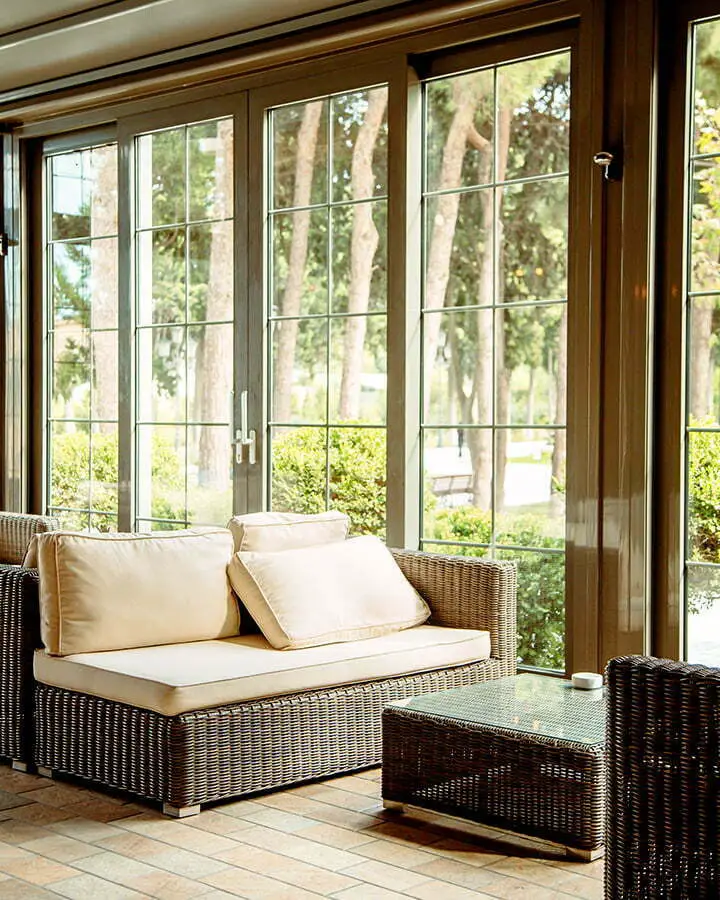
One of the most important is weighing up the pros and cons of different types of windows available on the market. Let’s take a closer look at some popular options:
Pros:
- Aluminum windows: durable, low maintenance, and energy-efficient.
- Vinyl windows: affordable, easy to install and maintain.
- Wood-clad windows: offer a traditional aesthetic with modern functionality.
Cons:
- Aluminum windows: can be prone to condensation in humid climates.
- Vinyl Windows: may not be as durable as other materials over time
- Wood-clad Windows – require regular maintenance such as painting or staining
Ultimately, each type has its own set of advantages and disadvantages that should be carefully considered before making a decision.
Quality and Durability
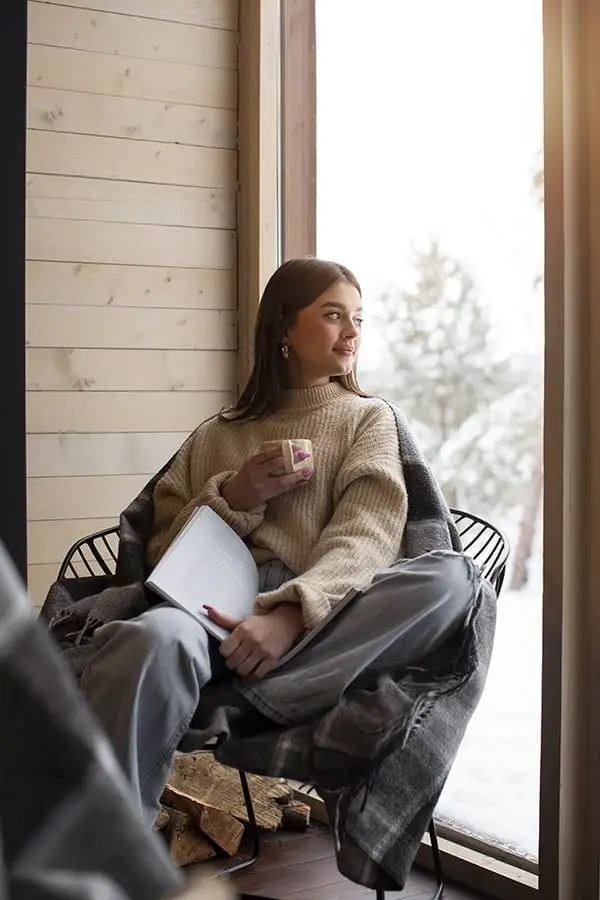
After all, your windows will be exposed to a variety of weather conditions throughout the year, including rain, wind, snow and extreme temperatures. That’s why it’s essential that you choose high-quality materials that can withstand these elements without deteriorating over time.
One way to ensure quality is by choosing a reputable manufacturer with years of experience in producing commercial-grade storefront windows. Look for companies that use premium materials such as aluminum or vinyl frames combined with tempered glass panes for added strength.
Durability is also crucial when selecting storefront window sizes because they need to withstand heavy foot traffic from customers passing by your store every day. You don’t want them cracking or breaking easily due to accidental impacts or vandalism.
Customer Service and Support
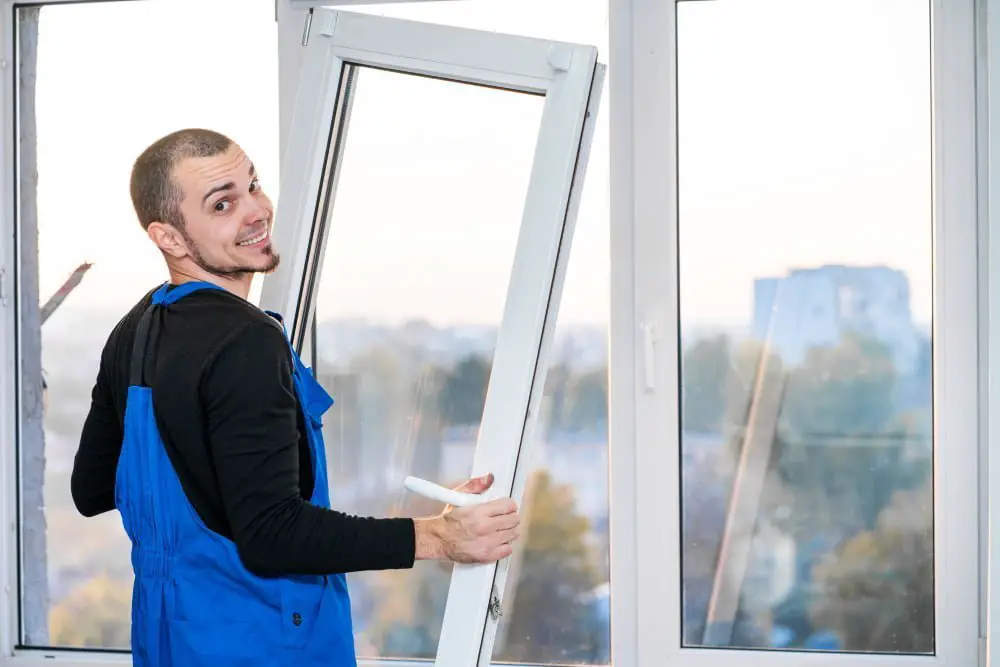
A company that offers excellent customer service can make all the difference in ensuring a smooth installation process and addressing any issues that may arise down the line.
Look for a manufacturer with a knowledgeable sales team who can guide you through your options and help you choose storefront windows that meet your specific needs. Check if they offer technical support during installation or have an after-sales team available to assist with any questions or concerns.
A company committed to providing exceptional customer service will prioritize communication throughout every step of your project, from initial consultation to final delivery. They should be responsive when answering questions about their products’ features, materials used in construction as well as pricing information.
Don’t overlook how crucial good customer service is when selecting storefront window manufacturers.
Soundproof Storefront Windows
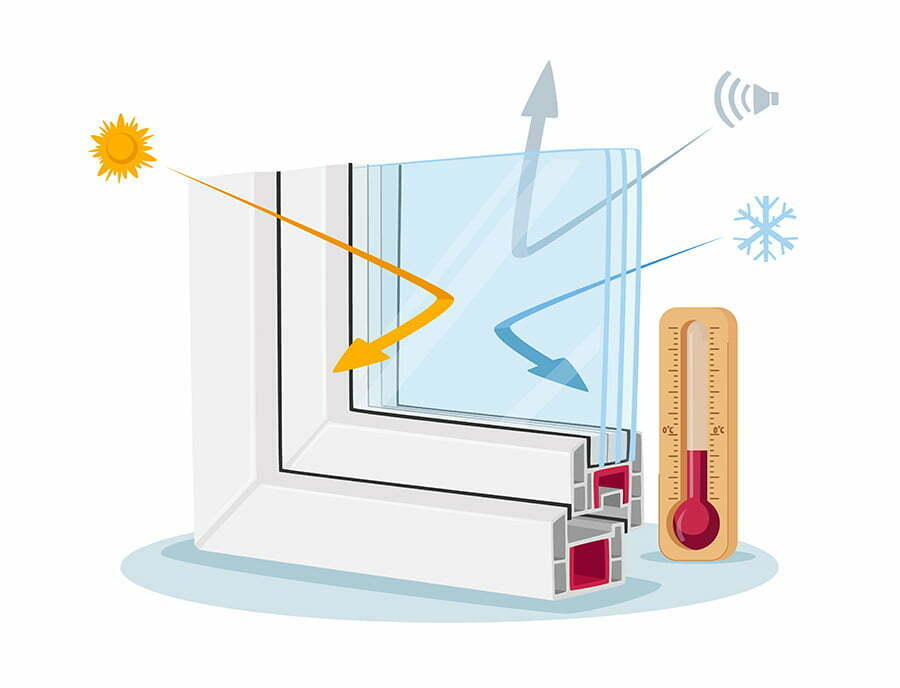
These windows are designed to reduce noise pollution from outside sources, such as traffic or construction sites. They work by using specialized glass and insulation materials that absorb sound waves before they enter your store.
Not only do these types of storefront windows help create a more peaceful environment for customers and employees alike, but they also provide added security benefits. Soundproofing technology makes it harder for outsiders to hear conversations inside the building or detect any other sounds that could indicate valuable items are present.
When choosing soundproof storefront windows, it’s important to consider factors like the level of noise reduction needed and the type of glass used in construction. Some options may be more expensive than others but offer better performance overall.
Customizable Colors and Designs
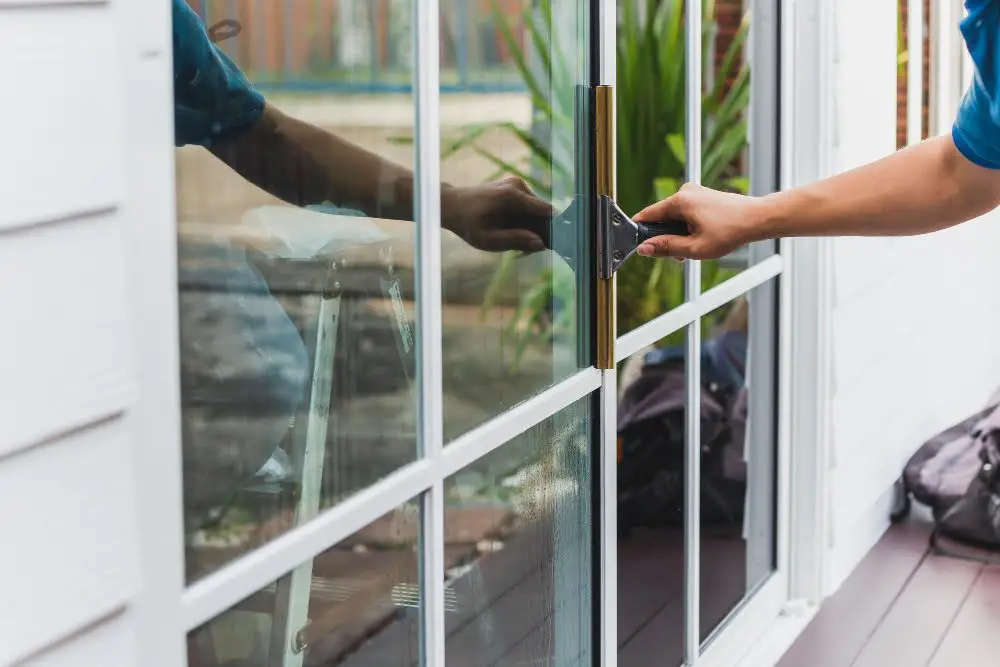
With a wide range of colors, finishes, and designs available, you can create a storefront that perfectly reflects your brand identity while also attracting potential customers. Whether you’re looking for sleek modern lines or traditional styles with intricate details, there are plenty of options available.
For example, if you run an upscale boutique clothing store in the city center with high-end merchandise on display in-store windows; then opting for large glass panes framed by black aluminum frames would give it an elegant look that will attract passersby attention.
Similarly, if your business has a more playful vibe like selling toys or candy; then choosing bright-colored window frames could help convey this message effectively. You can even add custom graphics or logos onto the glass itself using vinyl decals or etching techniques to make sure everyone knows what kind of products they’ll find inside.
Customizable colors and designs allow businesses to create unique storefronts that stand out from competitors while still maintaining functionality as well as aesthetic appeal.
Custom Windows and German Windows
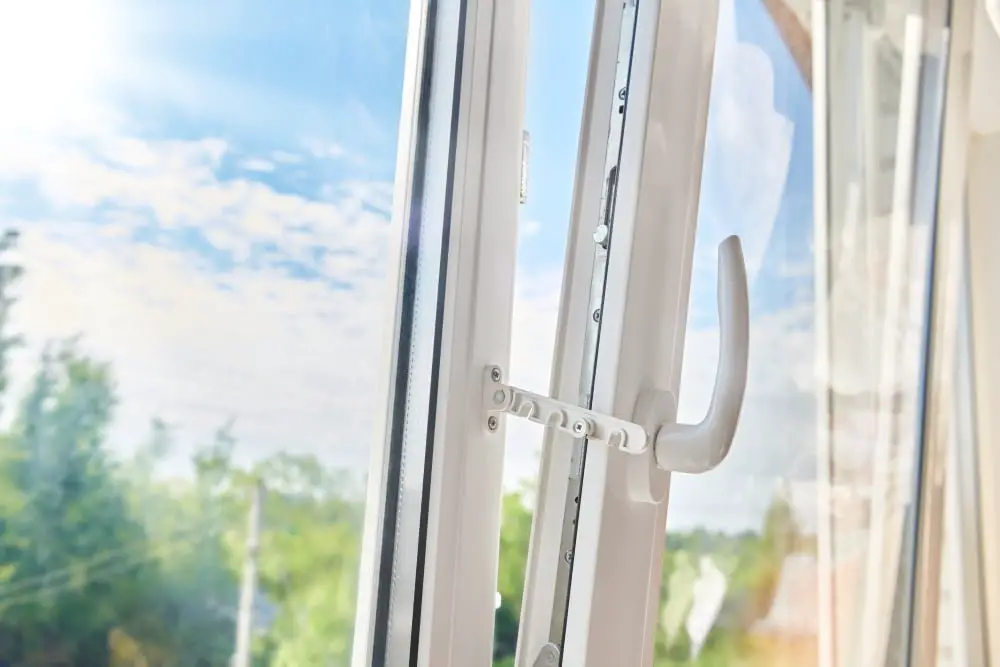
Custom windows allow you to create a one-of-a-kind look that perfectly matches your business’s aesthetic. You can choose from various shapes, sizes, colors, and materials to create something truly special.
German windows are another popular option for storefronts due to their high-quality craftsmanship and energy efficiency. These types of windows feature multiple panes of glass with an insulating gas in between them that helps keep heat inside during the winter months while keeping it out during summer months.
Both custom and German-made storefront window options offer superior quality when compared with standard off-the-shelf products. They also provide excellent insulation properties which can help reduce energy costs over time by reducing heating or cooling needs within your building.
Can I Use Storefront Windows in Residential Buildings?
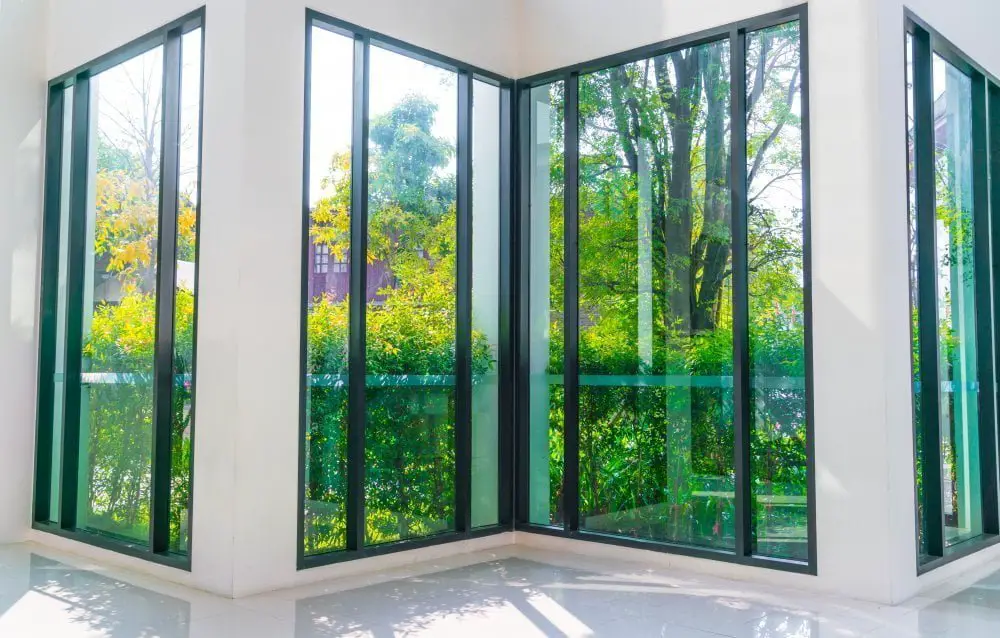
In fact, many homeowners have already made the switch to storefront windows because of their durability and energy efficiency.
One of the main benefits of using storefront windows in residential buildings is that they allow more natural light into your home. This means that you’ll save money on electricity bills by relying less on artificial lighting during daylight hours.
Since most storefront window systems are designed with energy efficiency in mind, you’ll enjoy lower heating and cooling costs throughout the year.
Another advantage of installing these types of windows is their versatility when it comes to design options. You can choose from a variety of colors and finishes to match any architectural style or personal preference.
However, before making any decisions about replacing your current home’s traditional-style window system with a new one featuring store-fronts’ glass panes – make sure that this type will fit well within its surroundings without looking out-of-place or too industrial-looking compared against other houses nearby!.
How to Reduce Glare On Storefront Windows
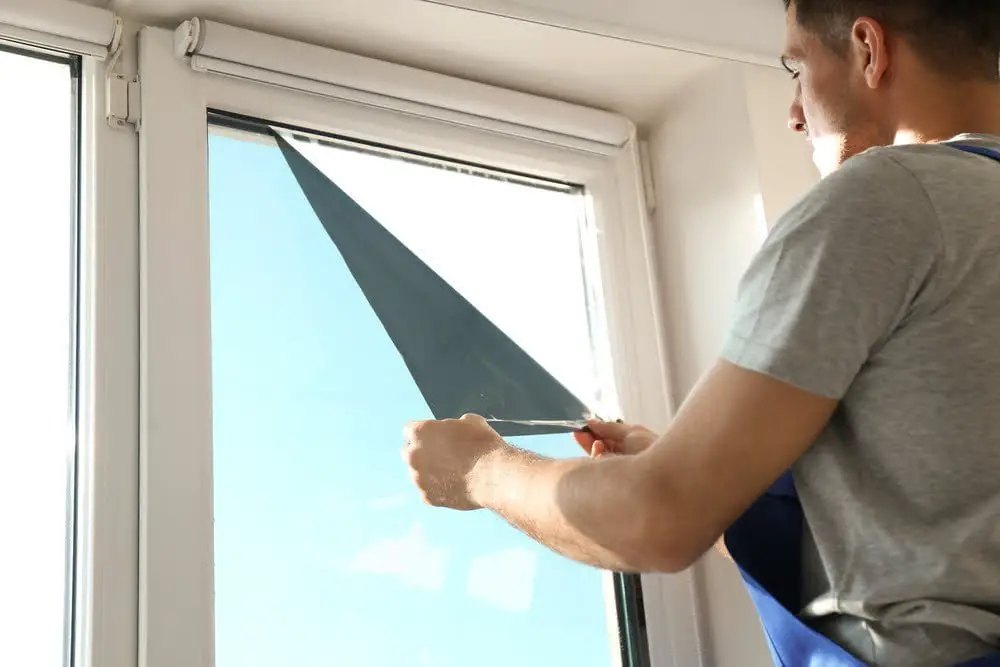
Glare can cause eye strain, headaches, and even deter potential customers from entering your store. Fortunately, there are several ways to reduce glare on storefront windows.
One of the most effective ways to reduce glare is by using window films or tints. These films are designed to block out harmful UV rays while reducing the amount of light that enters through the window.
They come in various shades and colors so you can choose one that complements your store’s aesthetic.
Another option is installing awnings or overhangs above your storefront windows. These structures provide shade and help block direct sunlight from entering through the window.
Consider rearranging merchandise displays away from direct sunlight if possible as this will also help minimize any unwanted reflections or glares in-store.
By taking these steps towards reducing glare on storefront windows you’ll create a more inviting atmosphere for shoppers while protecting them against harmful UV rays at no extra cost!.
FAQ
What are storefront standard sizes?
Standard storefront door sizes are 3070 (36″ wide x 84″ tall) for a single door and 6070 (72″ wide x 84″ tall) for a pair or double doors, but custom sizes can also be fabricated.
How large can storefront glass be?
Storefront glass with a 4-½” frame depth can be up to 10 feet in height, while those with a 6-½” depth can extend up to 12 feet, sufficient for most ground-floor applications.
How tall are storefront windows?
The typical height of storefront windows is 10 feet or less.
What do you call a storefront window?
A storefront window is called a display window, which can also be referred to as a shop window in British English or a store window in American English, used to exhibit items for sale or entice customers to the store.
What are the various shapes and designs available for storefront windows?
Answer: Various shapes and designs available for storefront windows include rectangular, arched, panoramic, stained glass, and custom designs.
How does the size of a storefront window impact customers’ perception and foot traffic?
A larger storefront window positively impacts customers’ perception and foot traffic by providing better visibility and inviting ambiance.
What factors should be considered when choosing the best storefront window size for a specific business?
Answer: When choosing the best storefront window size for a specific business, factors to consider include visibility, aesthetics, product display, space availability, and cost.
Recap
